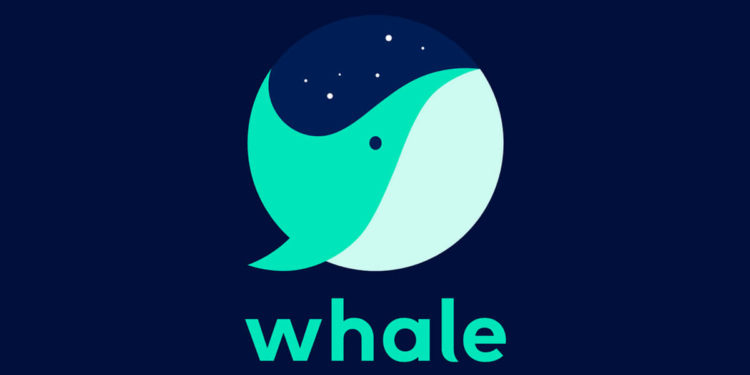Naver Corp., a leading South Korean web browser operator, announced that it aims to become the top search engine platform in the South Korean market with Naver Whale. Naver could outrank Google Inc.’s Chrome and its number one spot in the domestic Internet ecosystem with this goal. Naver also said that it plans to achieve this goal and see desired outcomes over the next three years.
Initially debuted in 2017, Naver Whale is a Chromium-based freeware web portal that offers various innovative features optimized for fast and seamless browsing. After releasing a Naver Whale PC version, Naver quickly followed it up with a mobile version launch in 2018. Since its release, Naver Whale became the fourth most used search engine tool in the country in terms of market shares.
As analytics company StatCounter stated, Naver’s Whale holds a 7.6% browser market share in South Korea. Currently, Google’s Chrome has a 53% share, while Samsung Electronics’ Samsung Internet owns 14.1%, followed by Apple’s Safari with 13.1%.
Taking the Lead in the Local Web Ecosystem
“A browser is a basic gateway that connects people to the Internet as well as a platform for web service developers,” said Kim Hyo, Head of the Naver Whale division, during a Naver Meet-Up Meeting. “With our browser Whale, we aim to become the top player in the local market.” Kim also said that it is necessary to promote a locally-developed browser to establish a sustainable South Korean Internet ecosystem.
According to Naver, having a homegrown browser leading the local web ecosystem delivers firmer data ownership and better overall services. As part of its goal to obtain the domestic market’s top post, Naver would develop services specially designed for locals.
For instance, Naver installed the ‘Hangul Viewer,’ which enables users to view documents in HWP format using Naver Whale directly. Naver’s web browser also includes a widget for Papago, Naver’s multilingual translation service, giving users fast and efficient document translation. Naver also vowed to continuously adopt user-first approaches and functions, significantly expanding browser usability as a result.
In particular, the web portal operator would improve Naver Whale’s existing functions, including the ‘Omni-Tasking,’ a split-screen feature. Moreover, Naver Whale’s Omni-Tasking enables users to access two websites in the same tab and perform numerous tasks simultaneously. Naver recently also developed the video conference service Whale On and the online learning platform Whale Space for Education.
This year, Naver partnered with LG Electronics to develop ‘Whalebook,’ a Naver Whale operating system-equipped laptop optimized for e-learning services. Additionally, Naver would boost its competitiveness by expanding Naver Whale’s services to other applications, including robots, smart factories, and vehicles.







